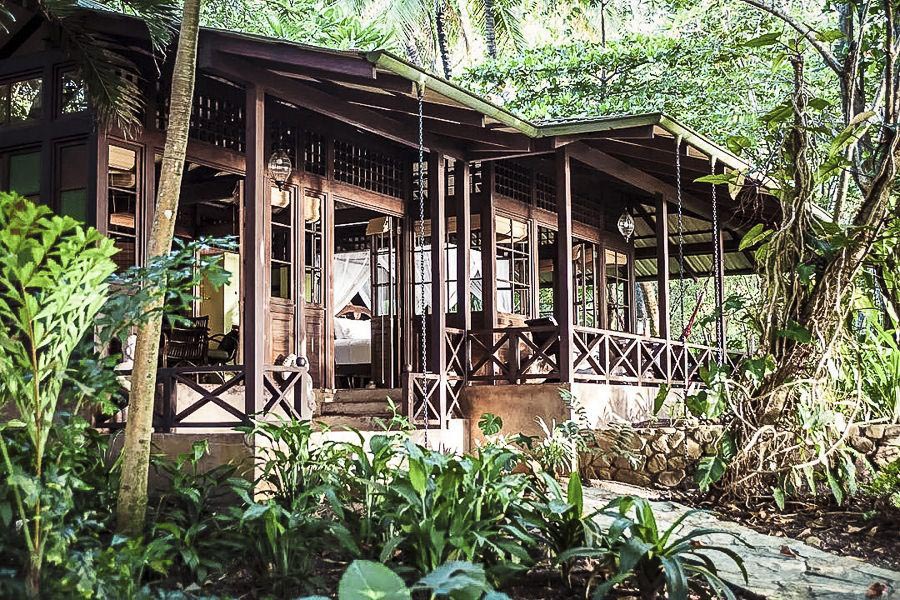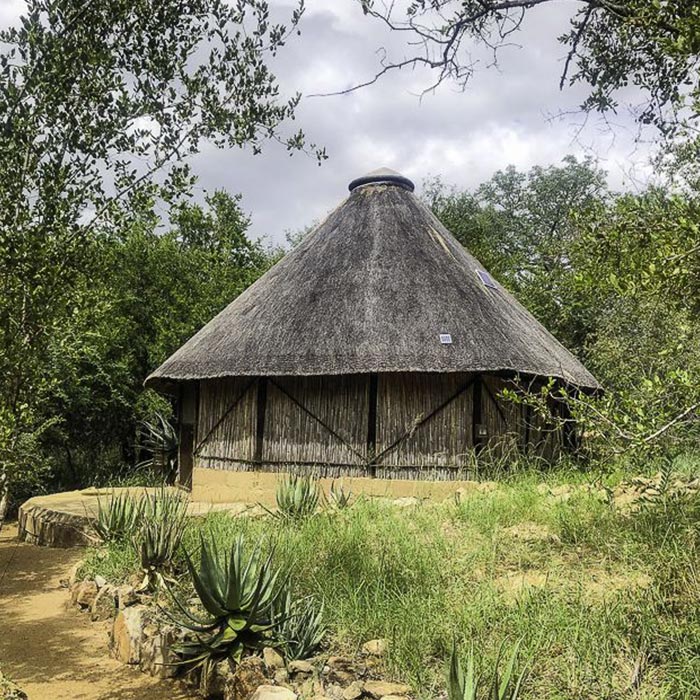Lodge is a house set apart for residence in a particular season (such as the hunting season).
Eco-lodge is a place for people to stay on holiday that is designed not to harm the natural environment where it has been built.
The criteria that these accommodations must meet to be considered as ecolodges.
- It is located in a natural or rural area within a short distance of a natural area and is not significantly affected by urban development, noise, traffic, smog or pollution;
- It uses systems that protect the environment from pollution and degradation;
- It often uses energy-saving systems and possibly renewable energy technologies;
- It employs or has access to nature interpretation guides that have received training in biology or have an excellent local knowledge of the natural habitat;
- It provides books, posters, maps, photographs, orientation presentations or other means of informing guests and visitors about the biology of the region;
- It helps to educate guests, staff, and visitors about the importance and value of a healthy ecosystem and describes how best to enjoy the area without affecting it;
- It contributes to the local economy and helps to demonstrate that ecotourism is a more sustainable way to earn income in the long term than destroying or modifying habitats for short-term gains.


Criterias of an ecolodge
This term was coined in the 1990s and was created to describe a habitat type that differs from others in the way it has been built or operated. Since then, there have been multiple interpretations and opinions on what constitutes the right to use the word eco.
Hitesh Mehta, architect and founding member of the International Tourism Society, wrote the ecolodge guidelines in 1999 in the International Ecolodge Guidelines.
To be recognized as such, these accommodations must comply with the three fundamental principles of ecotourism, namely:
- Be based in a natural environment;
- Benefit the local population;
- Provide awareness and education programs.
